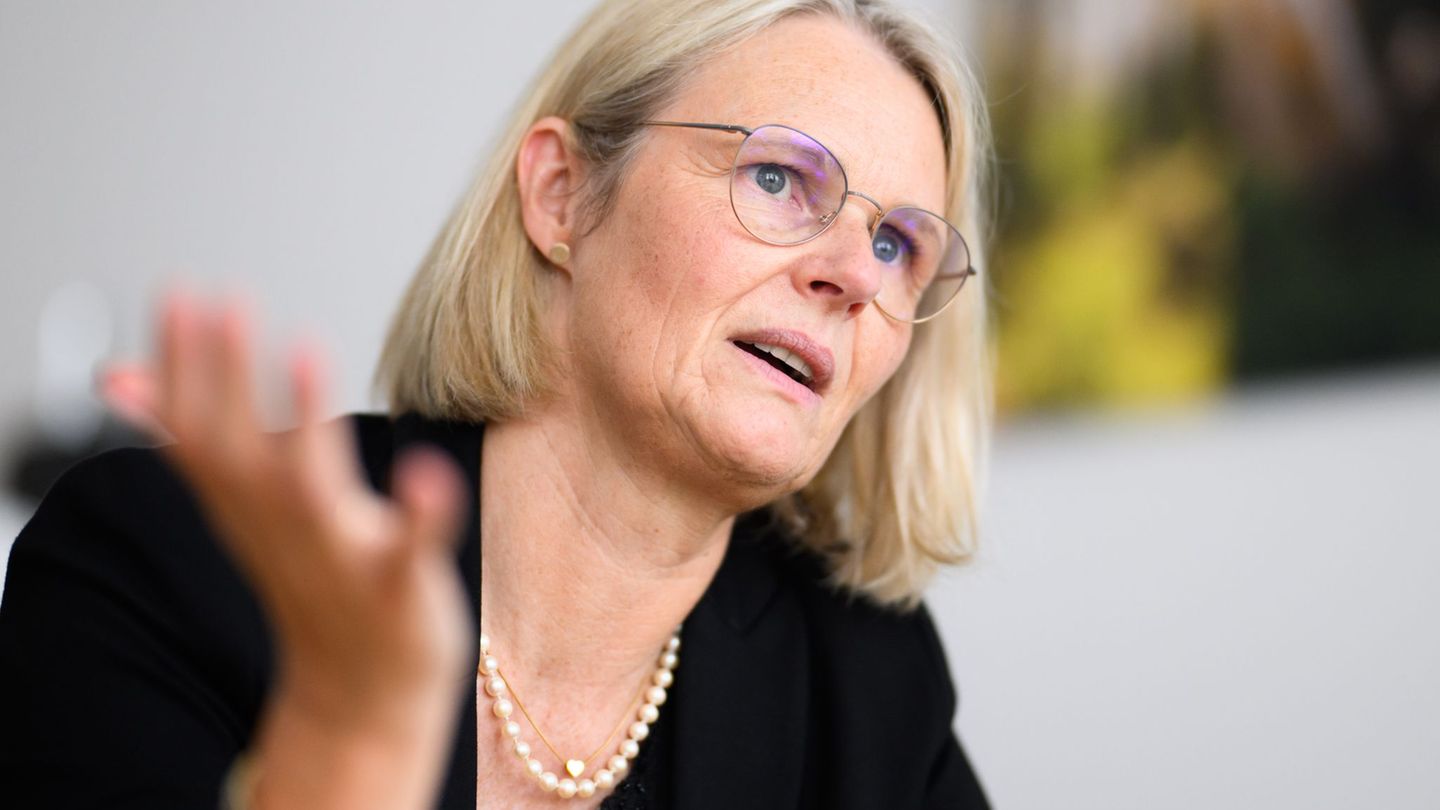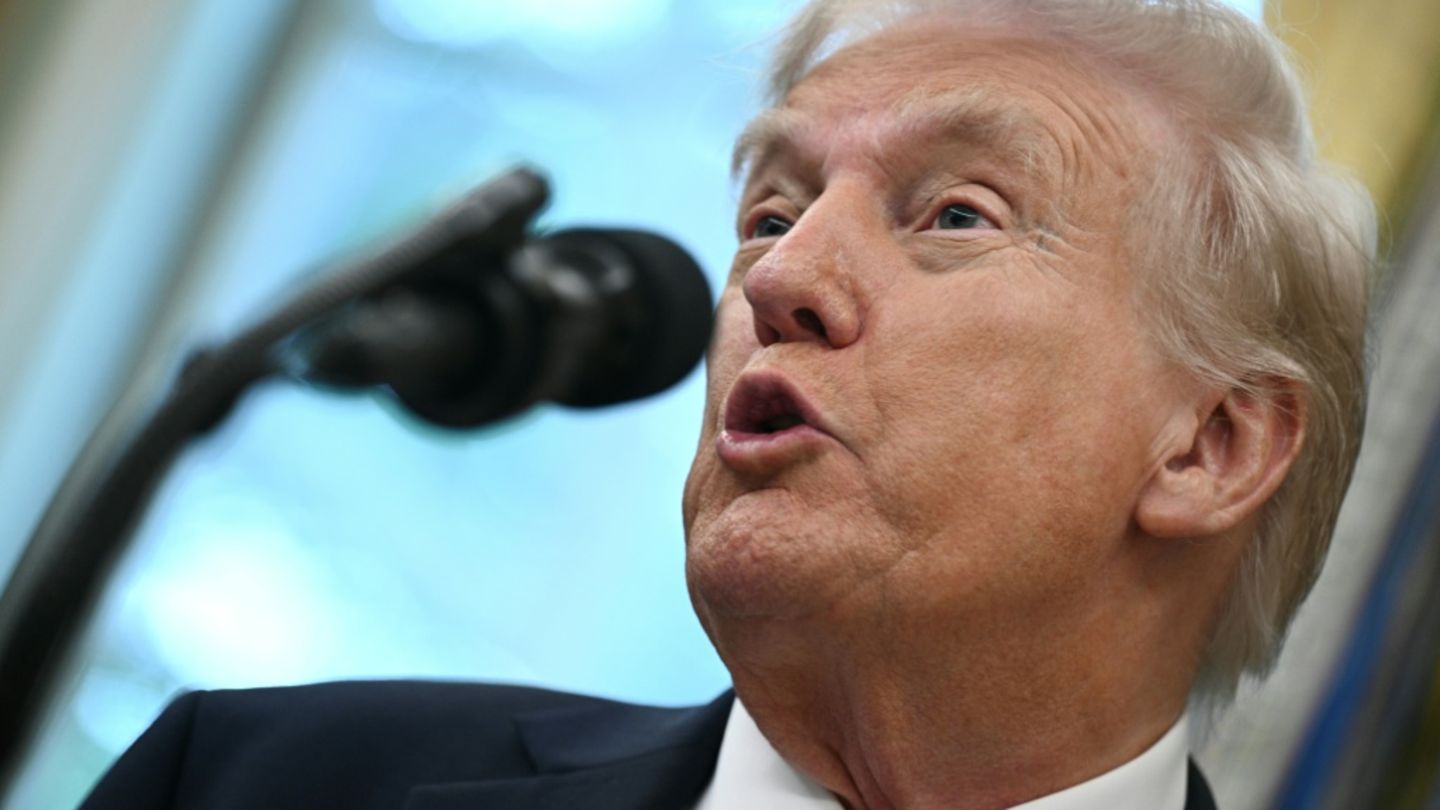Gerold explained that that red between imports and exports “it generates quite relevant pressure” on the economy and considered that “it has to be a coincidence, but since the balance turned negative the country stopped growing.”
In this regard, he indicated that in order to change the situation many things are needed: “That it be invested and for this we do not have to change the policies with each government”.
“20% of what it costs is being paid, and if 50% do not want to pay and the other 50% cannot, what is the path that Argentina has to follow?”, questioned the expert. Gerold pointed out that Argentina has the possibility of solving its chronic problem of lack of dollars to finance its development if it could develop its energy sector.
An element to be highlighted by the specialist is that the Argentine shale industry has achieved a level of development in the last two years that places it among the first in the world, driven by the need to solve the problems posed by the pandemic.
As he pointed out, the energy sector in Argentina accounts for 7% of the Gross Domestic Product (GDP) and generates six indirect jobs for each direct position. At the moment The country produces some 570,000 barrels per day of oil, which indicates that it still has a lot of room to reach the 830,000 barrels per day that were produced in 1998.
The problem facing Argentina is how to decarbonize its economy. The concern of the entrepreneurs of traditional energies is that this is not done at the expense of their sector. In other words, they don’t want to be “the bad guys.”
Sergio Afronti, CEO of YPF pointed out that “this process is not going to be homogeneousbecause it will have different speeds depending on the different starting points, the degree of development of each country”.
“The transition is not the future, it is the present. I believe that Argentina can be a protagonist in the energy transition of our region”, Afronti added, recalling that currently, of what are conventional energies, 56% of the generation is by gas, which is the least polluting resource and will be the most used. in combination with alternative sources.
Marcos Bulgheroni, the CEO of Pan American Energy (PAE), said that “Argentina has a very clean energy matrix, and we know that the problem is heterogeneous”. “There are 10 countries that contribute 2 thirds of CO2 emissions and the other third from developing nations,” he said. The businessman raised the need for the transition to be based above all on carbon capture. “Zero emissions will never exist, that is why we must invest in technology to the point where the valley of emissions is compatible” with climate sustainability, stated the head of PAE.
Source: Ambito
David William is a talented author who has made a name for himself in the world of writing. He is a professional author who writes on a wide range of topics, from general interest to opinion news. David is currently working as a writer at 24 hours worlds where he brings his unique perspective and in-depth research to his articles, making them both informative and engaging.




